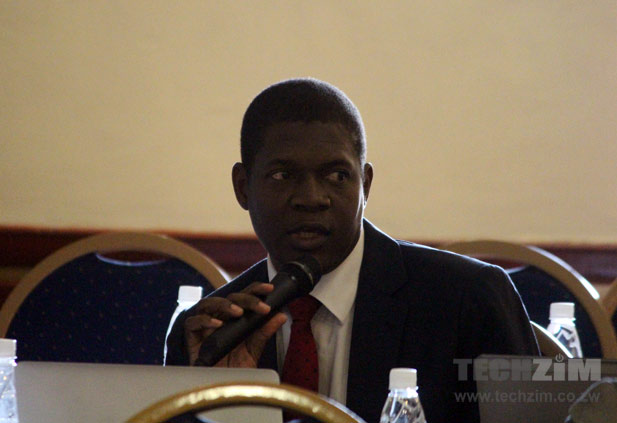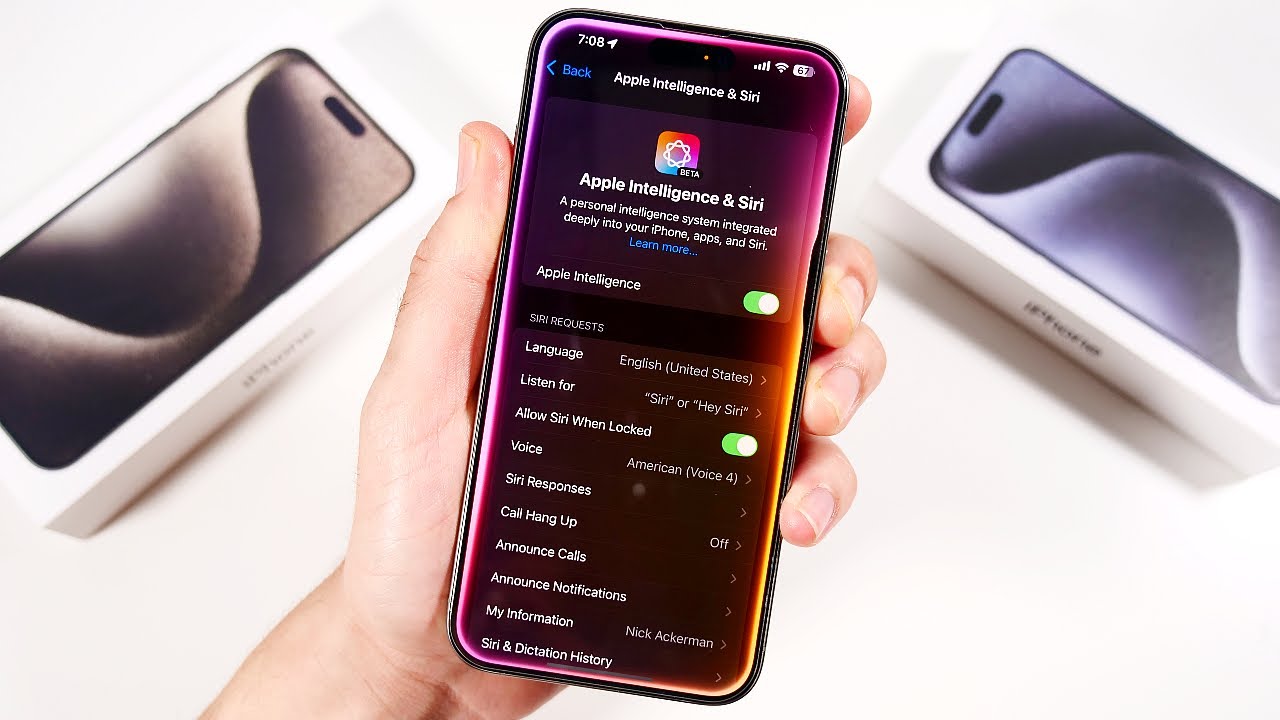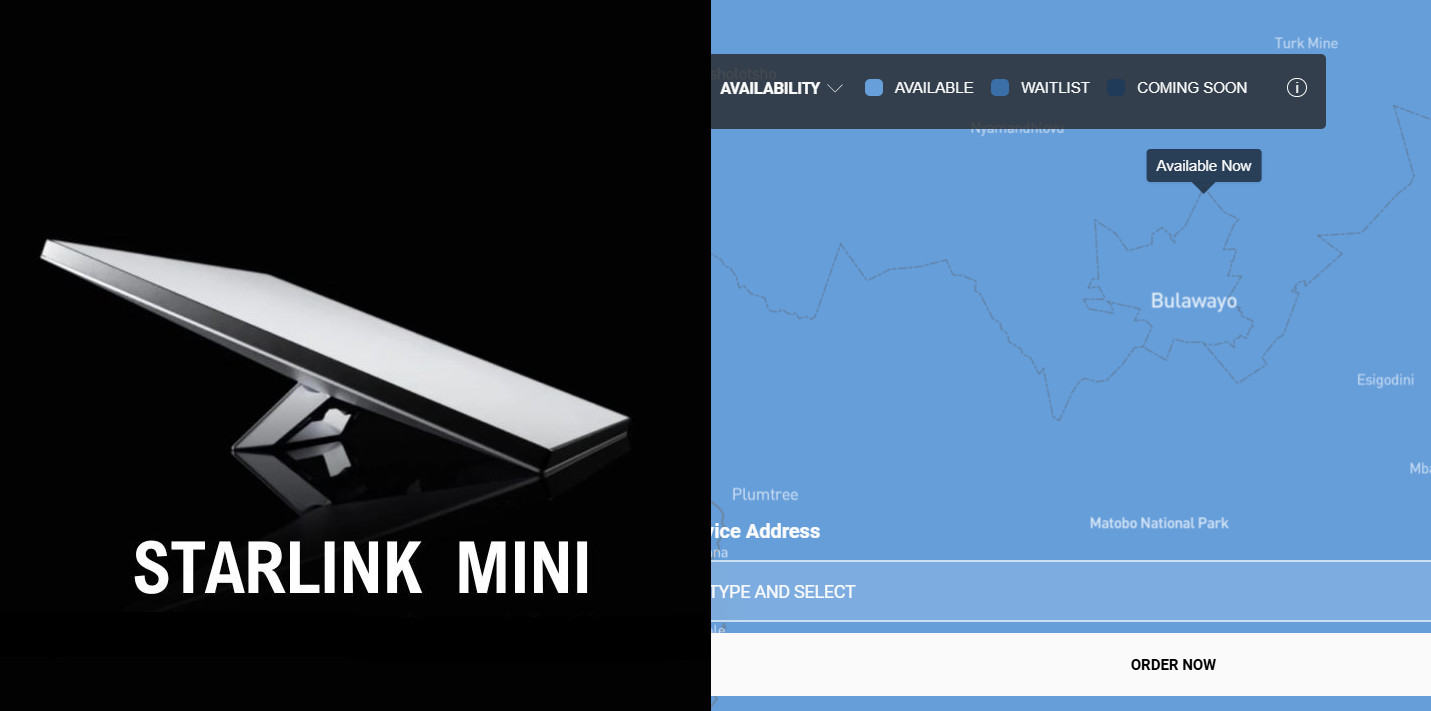Speaking on regulating bank charges and mobile money tariffs, Mr D. Chinoda of the Competition and Tariff Commission first elaborated on the cash crisis in Zimbabwe giving possible reasons for it. He acknowledged the huge appetite for imports and underfunded nostros being some of the major reasons.
With the cash crisis undeniable people have had to resort to e-transactions and accordingly there has been an increase in these. There has been a huge uptake but it has not been enough as 70% of Zimbabweans still have limited access to mobile financial services.
With the necessity of e-transactions in this economy the reason why most Zimbabweans still do not have adequate access to mobile financial services becomes key. Mr Chinoda cited the high bank charges and mobile money tariffs as being some of the major reasons.
The reason for the high bank charges and mobile money tariffs especially was ascribed to collusion by the players in the market. The fact that the charges and tariffs are so similar across the market stuck out as a concern. According to Mr Chinoda the collaboration by the few players in the market and the power they have as a cartel is a big concern.
Competition is necessary for the free market to function and when the banks seemingly agree on bank charges and not compete it is the public at large that suffer. With banks in Zimbabwe making most of their profit from non interest income (read bank charges) it is clear there is motive for banks to collude when it comes to bank charges. It is no coincidence that bank charges are identical across the market.
Is there really collusion? There certainly seems to be evidence to support the statement.














Comments
6 responses
nice article Leonard
Of course, there is collusion. The regulators need to be more aggressive in tackling this.
Zim government introduced a tax on airtime & MNO’s are probably Zimbabwe’s biggest tax revenue contributors – so the buck stops with the government
The government also prevented the likes of telecel from aggressive lowering prices & ended up placing floor prices
The Reserve Bank regulates bank charges. Naturally, banks will charge the maximum possible within the regulations, hence the similarities in charges.
Thank you Legolas, tell them. The writer of this article showed us a whole new level of ignorance. The editor of Techzim should really take more time to ensure that articles are meaningful and thought provoking. This is really dumb.
Dude the Competition and Tariff Commission thinks there is collusion. If they think that then maybe them know something and I believe we as Zimbabwe deserve to know. I certainly do not like the amounts banks are charging. Business dictates that when there is imbalance in the number of customers banks have, some would resort to price competition. The fact that none are doing this suggests collaboration in coming up with bank charges. The banks are not even charging the maximum allowed by Rbz, how do you explain that Legolas.